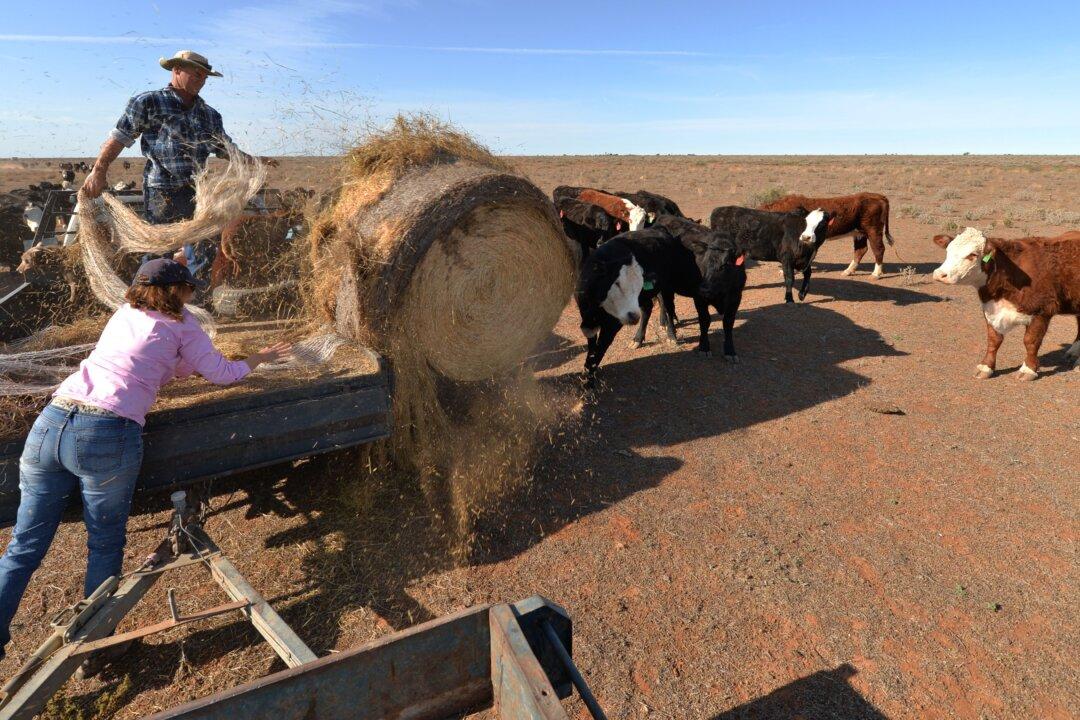The Senate has called on the European Union (EU) to delay the implementation of new regulations that could drastically reduce Australia’s exports to the trading bloc, saying it has made a fundamental error about the country’s agricultural land.
Under the European Union Deforestation Regulation, due to come into effect in December, the 27 EU member countries will reject a range of agricultural products produced on land subject to “deforestation or forest degradation” from Dec. 31, 2020.





